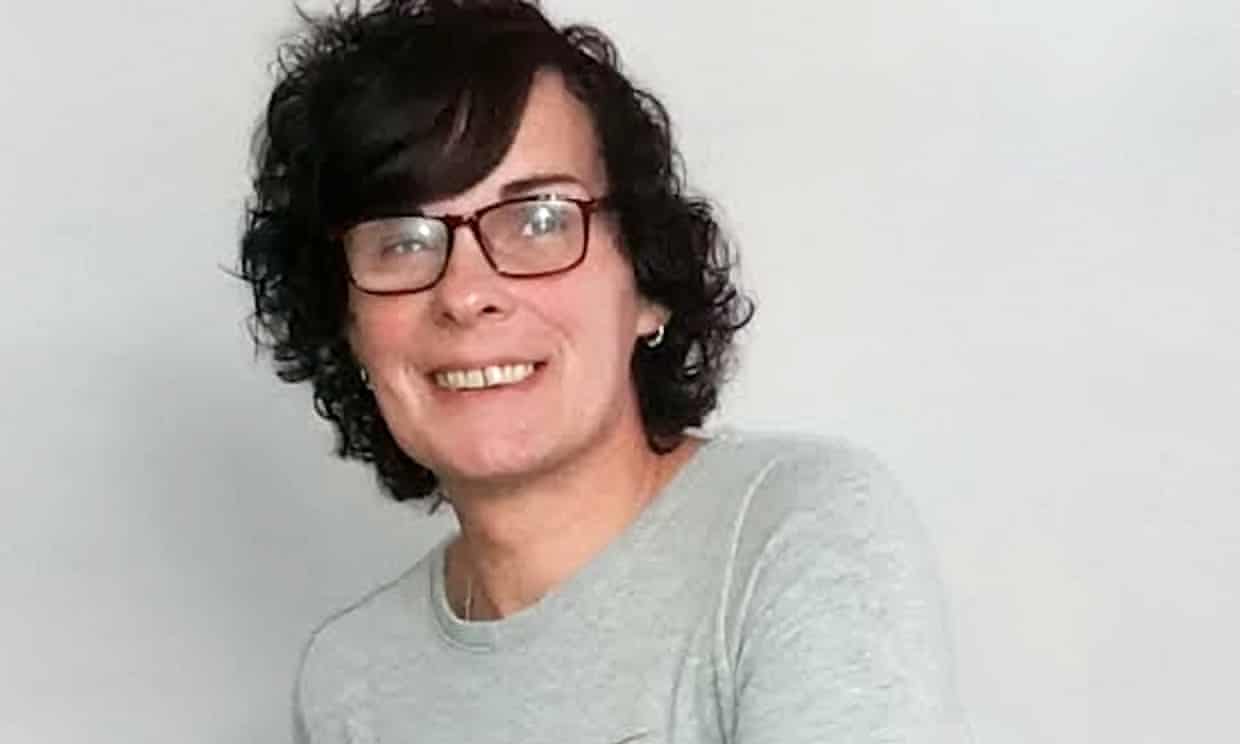
Jenny Swift
On Sunday, January 22, as part of International Trans Prison Day of Solidarity and Action, 100 or so people gathered outside HMP Pentonville to give witness to transgender prisoners who committed suicide resulting from having been denied medical healthcare related to transition and from transphobic violence. In England in the past two years, three transgender women have been “found dead” in their cells: Joanne Latham and Vicky Thompson, in 2015, and Jenny Swift, on December 30, 2016. Despite their desperate pleas, all three were in all-male prisons. Joanne Latham, Vicky Thompson, and Jenny Swift didn’t succumb to despair. They were murdered in cold blood by the State.
When Vikki, or Vicky, Thompson died, she was twenty-one years old. Vikki Thompson, born male, identified all her adult life as a woman. Arrested for robbery, she was sent to a men’s prison. She said if she were sent to a men’s prison, she would kill herself, and she did. The State `investigated” … again. Vikki Thompson was released from all of that, however.
After the back-to-back suicides of Vikki Thompson and Joanne Latham, the English government put new policies and practices into effect … but too late for Jenny Swift. Those policies went into effect January 1, 2017.
Jenny Swift was sent to HMP Doncaster on November 17. Opened in 1994 and run by Serco. Doncaster hasn’t had a checkered career because it’s been bad from the start to the present. The chief inspector of prisons described the place as squalid, worrisome, and run with “institutional meanness.” At various times, Doncaster has had the highest prison suicide rate in the country. These are only some of the reasons people refer to Doncaster as Doncrataz.
HMP Doncaster is bad for everyone. It was fatal for Jenny Swift.
A friend of hers remarked, “She kept asking for the hormones and they said she would get them but she never did. I phoned up and explained that she needed them too. Jenny said that not having them was making her legs shake, making her feel sad and ill – she said it was like coming off drugs. It made her miserable.” She added, “She had been trying her best to keep her feminine side but she mentioned in prison that she could feel the testosterone in her body and she felt sick. It was making her cringe inside. If she had her hormones and the correct tablets she would still be here. I know that for certain … I want there to be a massive investigation because this happened twice before and it shouldn’t be happening.”
Jenny Swift’s death has at least three stories. There’s the story of a woman placed in a men’s prison and the story of a transgender woman placed in a men’s prison. These alone and together are enough to make one weep. Then there’s the third story. That story involves the staff and the State who knew that had Jenny Swift been arrested two months later, they officially would have had to take some kind of care of her, as a transgender woman and as a woman. But it wasn’t January 1 yet, and so they placed her in the deepest rung of hell where she would suffer and suffer and suffer. That story should make us howl.
Jenny Swift was killed, not by indifference but by brutality. She deserved better. We all do. Every single death is a death too many. Jenny Swift wrote, “I am Jenny Swift, I am proud to stand my corner anywhere I need to.” Jenny Swift should not have died. We should not have killed her.

(Photo Credit 1: The Guardian / SWNS.com) (Photo Credit 2: Liverpool Echo)